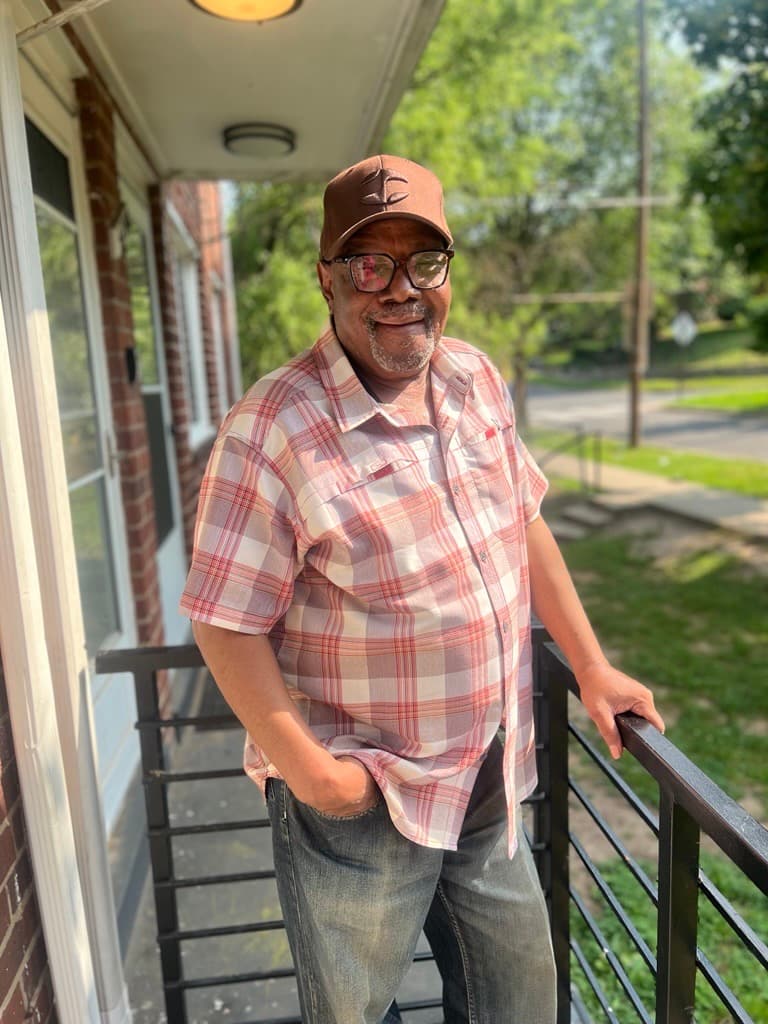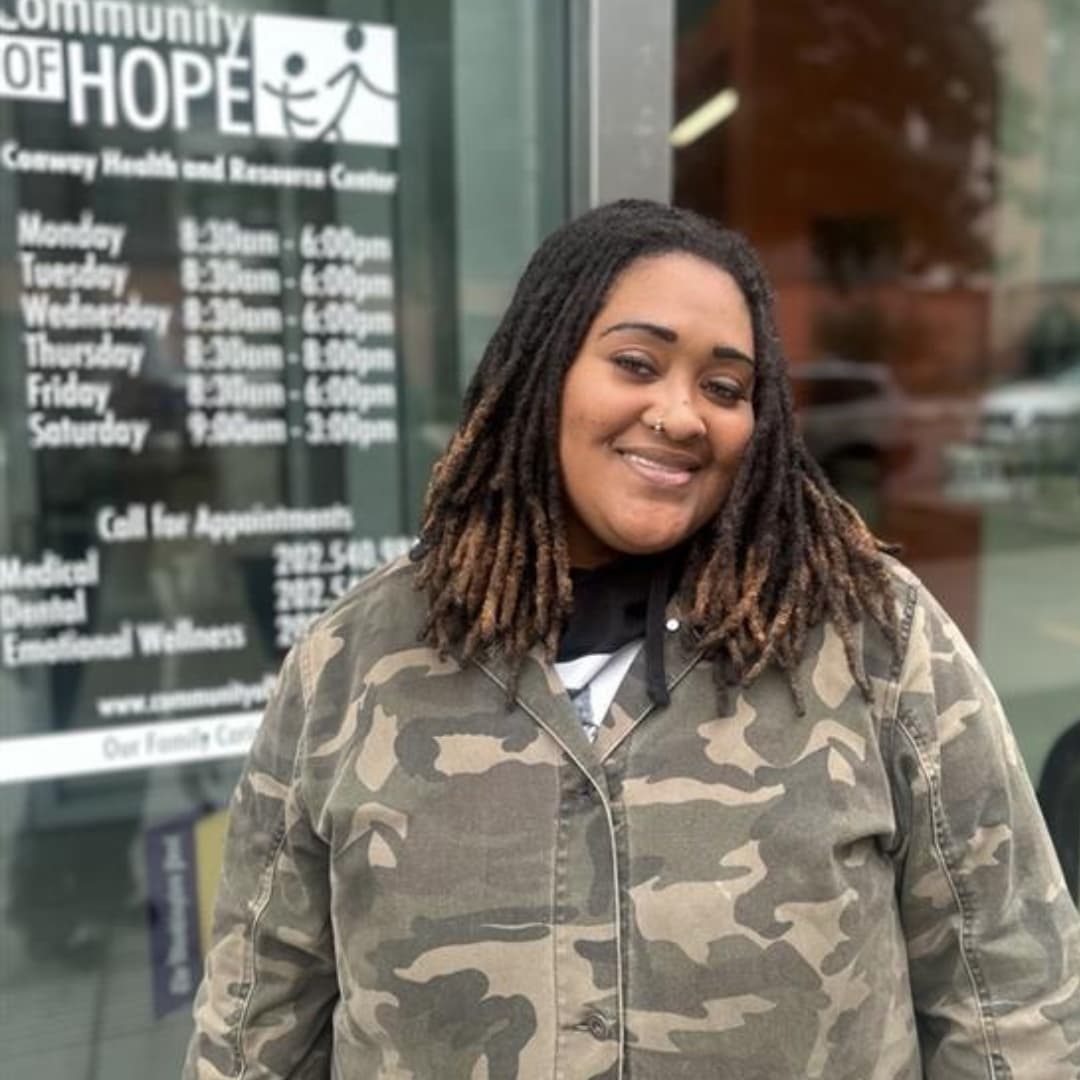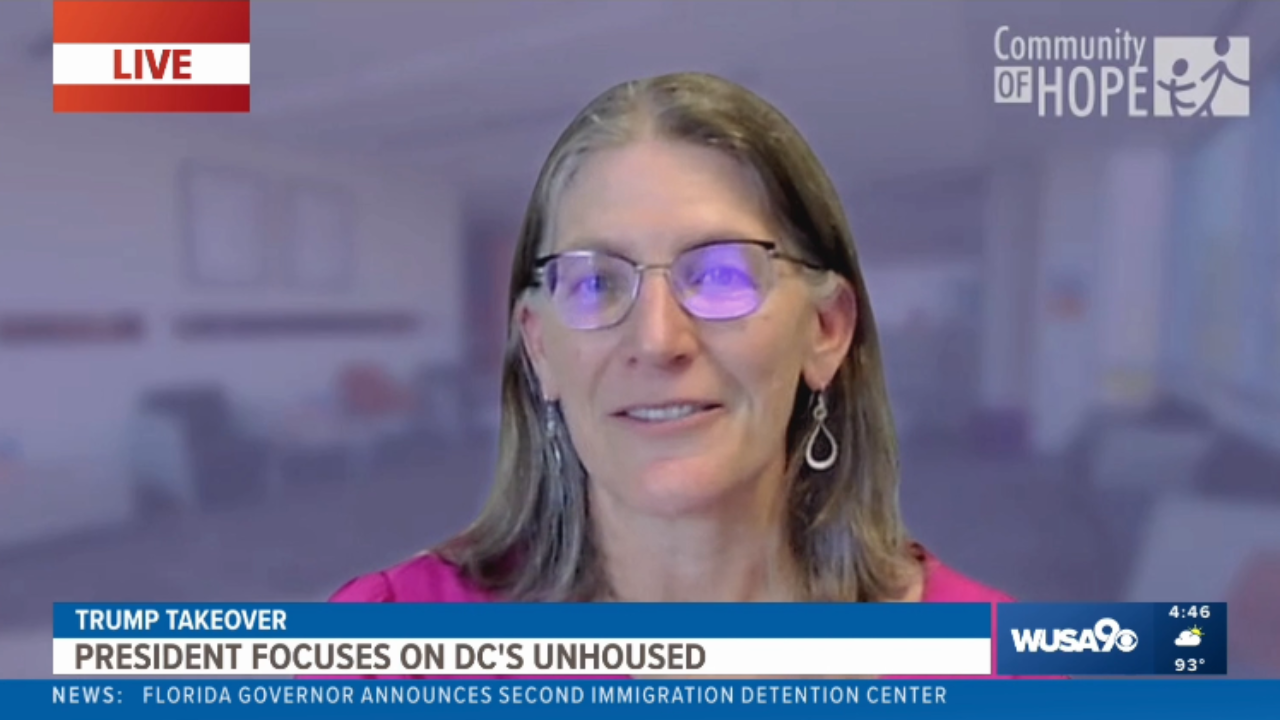For years, Warren Ingram, patient and board member, rode past our Conway Health and Resource Center without knowing exactly what that building was. One afternoon, something told him to stop. That small decision led to a chain of events that, he says, saved his life.
Warren had been managing his health on his own for years. After retiring in 2019, he received care from another local healthcare provider. When his doctor suddenly left, he found himself without a provider. He didn’t have a backup plan.
He researched online for local providers that accepted Medicaid and found Community of Hope—the same building he passed by for years.
“I just went in and asked if I could get a doctor,” he says. “And that’s how I met Sandra Dickson.”
At first, it was routine—intake paperwork, a new provider, another clinic. But then Nurse Practitioner Sandra started ordering tests. Not just the basics, but the ones Warren didn’t know to ask for. One of those tests revealed early-stage prostate cancer. Others flagged kidney issues, diabetes, high blood pressure, and complications from years of unmanaged conditions.

“If I only listened to myself, I’d have been dead a long time ago,” he says now.
Warren underwent prostate surgery, had his gallbladder removed, changed his diet, and began to take medication every day. He cut out sugar, started seeing a nutritionist, and now follows through on referrals—even when the exams don’t feel urgent.
“I’m past putting a Band-Aid on a bullet wound,” he says. “If [Sandra Dickson] tells me to do something, I do it.”
That trust didn’t come from the medicine—it came from the relationship.
“She’s like the daughter I never had,” Warren says. “She checks on me. She makes things right when something isn’t. I’ve never had a provider treat me like I matter.”
Now 24 years in recovery from addiction, Warren reflects often on how far he has come. He talks about toxic choices, old patterns, and friends who never made it out. Many of them died from conditions they never knew they had—never got checked, never had insurance, never had a provider like he has now.
He sees his own survival as a responsibility. He answers calls from friends facing health scares. He tells them what happened to him. He urges them to get screened, to ask for help, to not let fear decide for them.
“I never thought I’d live this long,” he says. “Now I just try to add a couple more days to my existence.”
He does that every day—with the help of Medicaid.
“The meds I take to stay alive. I couldn’t afford them without it,” he says. “I don’t want to find out what happens if that’s taken away.”





